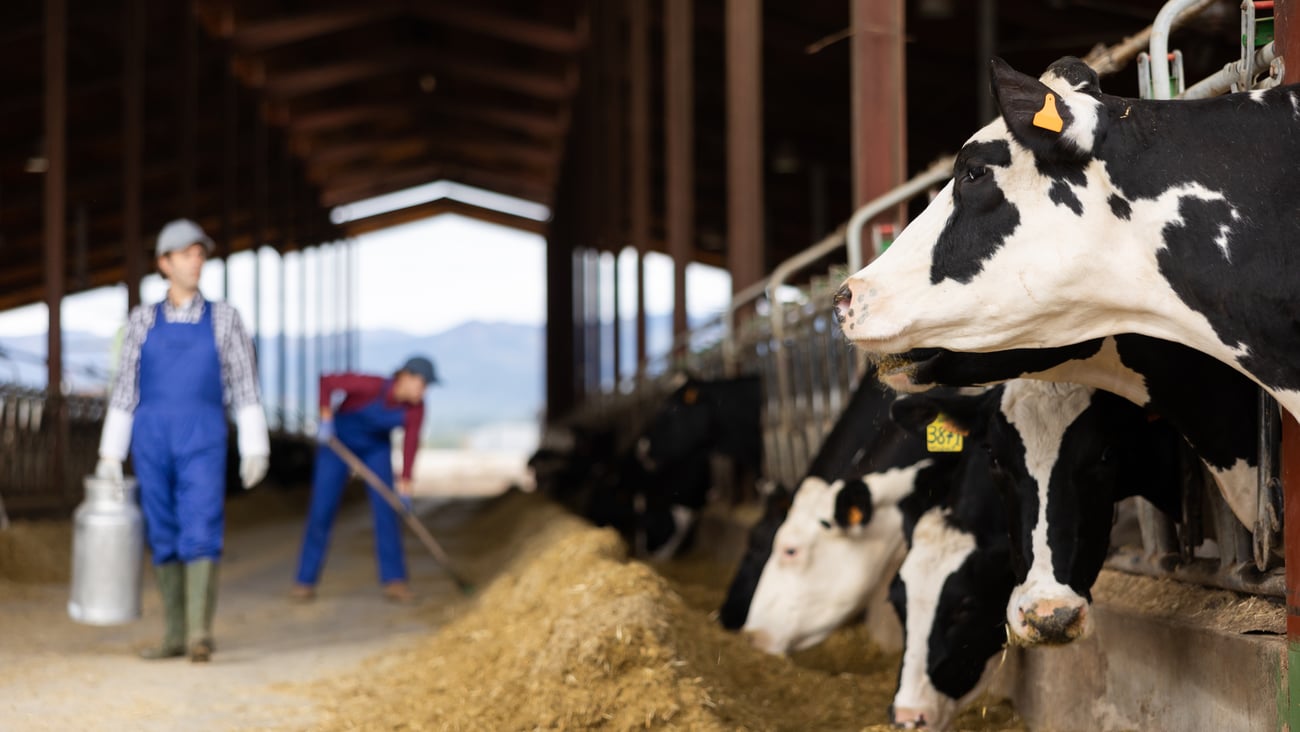Can privatized global food systems end world hunger?
David Beasley, executive director of the United Nations' World Food Programme (WFP), recently challenged the world's billionaires to help the organization with a one-time donation in order to save 42 million people on the brink of starvation, calling out Tesla's Elon Musk and Amazon's Jeff Bezos, specifically. Musk responded, saying he would be willing to sell US$6 billion of company shares (2% of his net worth) if a comprehensive plan was provided.
Beasley replied by stating that world hunger could never be “solved,” but it could be controlled with adequate support, especially in times of crisis. There is obviously some truth to Beasley’s remarks. Famines are almost always generated by climate change and/or geopolitical unrest. To think that one or both will end would be nothing short of a fantasy, but it doesn’t mean we shouldn’t be doing anything about it. Global coordination to execute and deliver programs to help is almost always required.
WFP is one of the most respect charities in the world and has done wonders to alleviate world hunger. In fact, last year it won the Nobel Peace prize for its work. As the world’s largest humanitarian organization, it has helped save lives and build a more egalitarian society.
WFP received nearly $10 billion in funding last year, allowing it to help approximately 116 million people in more than 80 countries. This year, given the pandemic, it is trying to raise at least $18 billion in funding. COVID-19 has undoubtedly complicated global food surety in more ways than one. According to the UN organization, the number of people worldwide facing famine increased by 56% in 2019. It was also stated that 40 million people were forced to flee their homes in 2020 due to extreme weather patterns or socio-political conflicts.
But the WFP has received its fare share of criticism over the years from skeptics who wonder if the work can be done more efficiently. One key criticism is related to food aid dependence and capacity building. By providing food aid from abroad, prices of local commodities produced by impoverished farmers are depressed and will undercut their income. Local production will often be discouraged. The WFP has made some inroads in enticing local farmers to grow more food domestically, but with limited success, according to some analysts. Food aid programs will often disproportionally hurt rural communities and create problems including corruption, reliance, and limitations on exports. Many have argued that rebuilding an economy becomes more challenging when knowing food aid is available.
Musk’s message to the WFP clearly had an undertone of doubt and suspicion. Musk likely believes the WFP’s design and approach has reached a critical point and is limited by virtue of its imposing bureaucracy. His message is likely less about how we can support the WFP in its quest to alleviate world hunger, but perhaps more about how we look at new models supported by a different way of thinking.
Before the pandemic, we had fewer people suffering from hunger than just 10 years ago. But, COVID-19 coupled with the effect of climate change and we are expecting numbers to go up significantly. Musk, Bezos and others would likely focus on economic development and capacity building domestically to make sure hunger-stricken regions see the end of their starvation cycles. Building infrastructure while fostering research for new technologies will be key.
For those who don’t believe global food security can be privatized, here is one daring example. For years, many believed space exploration required the involvement of nations and government. And now, here we are, we just beamed Star Trek’s Captain Kirk into orbit. Space travel is being privatized right under our own noses and our mark towards a more democratic path to the unknown is led by a group of billionaires.
Privatizing global food security could be achieved within a decade. But food aid needs to be seen as a business and an opportunity, which shouldn’t be left to charities exclusively. Same for space travel with governments. Quite the paradigm shift. Whether you agree with it or not, what is becoming quite clear with the WFP and other charities is they need all the help they can get. And since more than 700 million around the world suffer from hunger, it’s worth a try.




